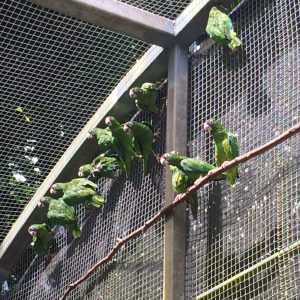
Despite the precipitous drop in the price of DNA sequencing, global credit crunches have shrunk the science budgets able to properly take advantage of this. At least in the case of non-medical research.

Despite the precipitous drop in the price of DNA sequencing, global credit crunches have shrunk the science budgets able to properly take advantage of this. At least in the case of non-medical research.

The 2014 International Conference on Systems Biology (ICSB) was hosted in Australia’s most livable city and event, sport, culture and food capital – that is Melbourne, with GigaScience being proud to be one of the media partners.
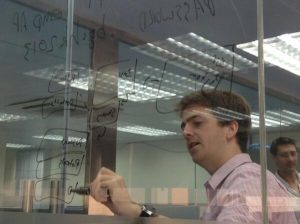
Data Club is Gonna Show You How As science is supposed to be about “standing on the shoulders of giants”, we all know sharing scientific data should be a good thing, but there are obviously large technical and cultural challenges holding things back.

Boston 2014: More than a (Bioinformatics) Feeling Following from our previous posting on BOSC, our birthday and the BMC Open Data award party in Boston, on top of having to dash between the many great talks and sessions at ISMB, we were kept even busier than usual helping to organize and present in a special Beyond-the-PDF inspired “What Bioinformaticians need to know about digital publishing beyond the PDF” workshop at the end

Shedding light on what the Optical Mapping System can provide for genome analysis, here we present a guest posting from optical mapping pioneer and developer (and GigaScience Editorial Board Member), David C. Schwartz, who is a Professor of Chemistry and Genetics at the University of Wisconsin-Madison. ** Taking the Google Maps approach: providing comprehensive, scalable worldviews** We use maps in our daily lives to
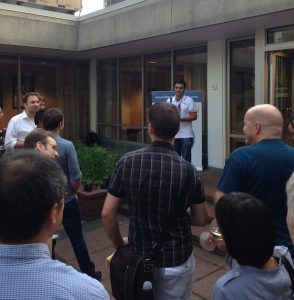
Birthdays are always emotional. The GigaScience team are on their way back from the always jam packed ISMB meeting and its satellite SIGs. This year was a particularly event filled one, with our second birthday, the BMC open data award and drinks reception, and our “What Bioinformaticians need to know about digital publishing beyond the PDF2” workshop all falling during the meeting.
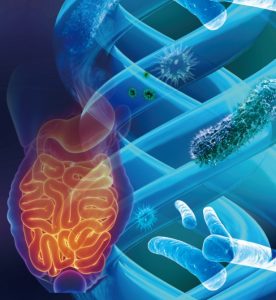
A paper published in Nature Biotechnology today reveals the most comprehensive catalogue of genes in any single microbiome to date. While the roughly 20,000 genes in the human genome have been available for over a decade, the gene catalogue of the microbiome, our much larger “other genome” has to date been much more poorly understood and characterized.
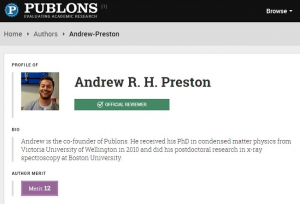
At GigaScience , one of our major goals is to improve transparency and reproducibility of research and one of the ways we do this is through open peer review.
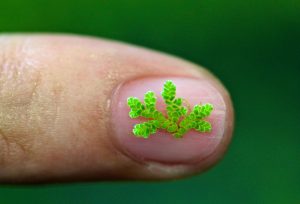
Following our efforts encouraging open-science projects, such as the community funded “Peoples Parrot” and OpenAshDieback, today we have a guest posting from Fay-Wei Li and Kathleen Pryer from the Department of Biology at Duke University covering a crowdfunding effort to sequence the Azolla genome.
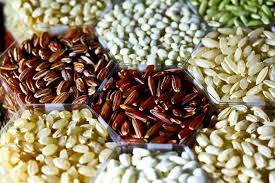
3000 Rice Genome Sequences Made Publicly Available on World Hunger Day Yesterday marked the publication in GigaScience of the first data from the 3,000 Rice Genomes Project, a collaboration between the Chinese Academy of Agricultural Sciences (CAAS), the International Rice Research Institute (IRRI), and BGI; as well as a commentary from the Directors of these institutes outlining the goals of this ambitious project.
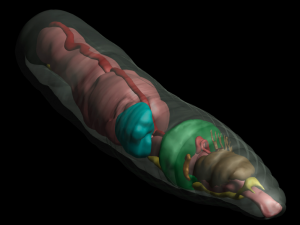
New research and data published in GigaScience and PLOS ONE provides complete open access to detailed 3D images of earthworms To quote the American cartoonist Gary Larson: all things play a role in nature, even the lowly worm—but perhaps never in such a visually stunning way as that presented in two papers published last week in GigaScience and PLOS ONE . The work and data presented here